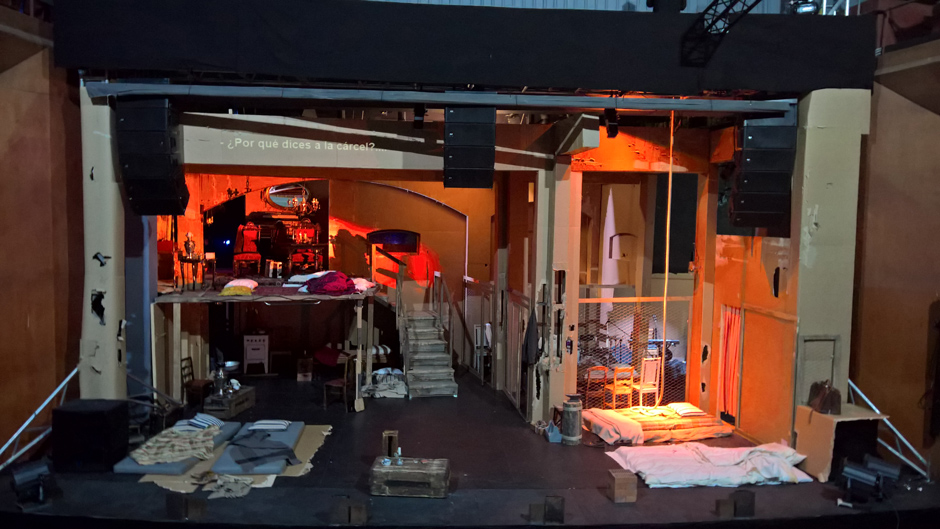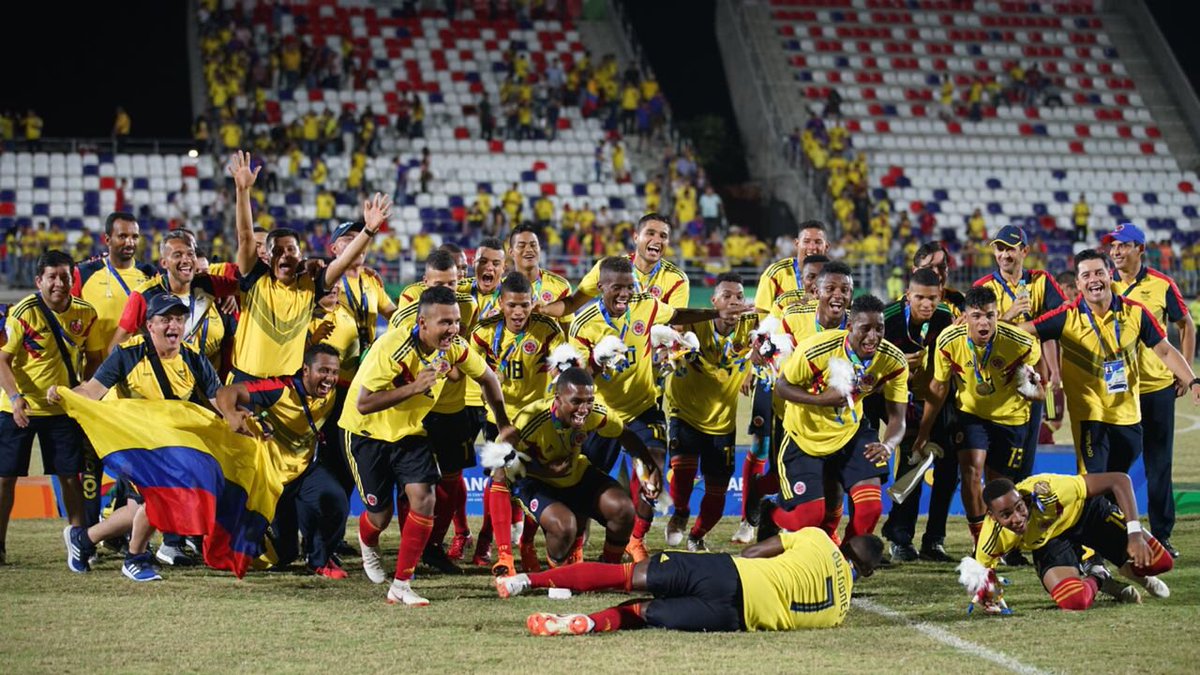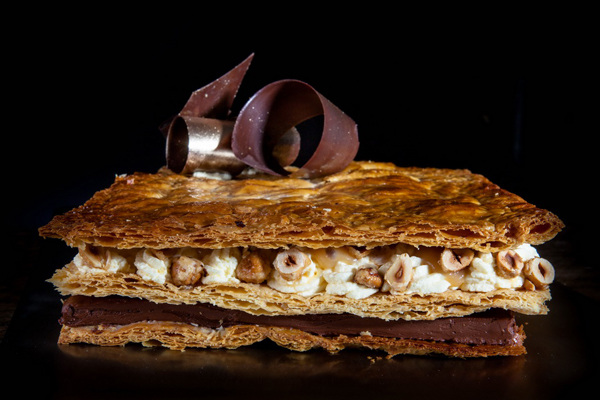
St Patrick’s Day in Bogotá gets bigger every year.
Faced with the Gringo-inspired onslaught of Valentine’s Day, Linda Gómez looks into how different countries’ traditions have arrived on Colombian shores and gained popularity amongst local consumers
Colombia is a country rich in customs and traditions, delighting visitors and locals alike with their colour, passion and noise. However, globalisation and new technologies have brought people from around the world closer together, at the same time distancing them — albeit subtly — from their own beliefs and traditions.
That’s exactly the case with Valentine’s Day, a pagan tradition originally adopted by the Catholic church. Valentine’s invokes Saint Valentine, about whom relatively little is known. Nonetheless, this third century saint is associated with a tradition of courtly love, although he has oddly been reincarnated as a baby with a bow and arrow, who goes around spreading love on February 14. This lovers’ celebration takes place in a number of countries, especially across the English-speaking world, but has now begun to take its place here in Colombia, with numerous restaurants, clubs and bars putting on special nights for lovers (and singles too!)
It’s hardly necessary, however, given that Colombia already has the Día del Amor y la Amistad, which takes place on the third Saturday of September. While the whole month has been set aside for love and friendship (well, why not?), on this day people at schools and offices hand out chocolates and flowers and many people engage in amigo secreto (Secret Santa).
Couples might celebrate with a passionate night of booze and dancing, which in some cases ends in a slightly less sacred place – think disco balls, mirrors and jacuzzis in the middle of the room.
Another tradition that has found it’s niche here in Colombia is the oh-so-German Oktoberfest. And why not? If there’s booze involved, it’s clearly going to be popular amongst Bogotanos. Offering locals a space to enjoy great beer and traditional sausages, perhaps without the typical Bavarian dirndl costume, a number of places and companies, most notably Club Colombia, have taken the opportunity to make a bit of extra cash.
This is also very much the case with the now-internationally-adopted St. Patrick’s Day, which is promoted all over the city on March 17. Although very few of those who head to the pubs and bars to indulge in green beer and raucous merriment are aware, this day commemorates the death of Ireland’s patron saint. While Bogotá’s Irish community is far from huge, this has become a date that many people mark on their calendars as yet another excuse for a party.
One tradition that continues to gain popularity across the country is Thanksgiving. Canadians and Americans celebrate this on different days (the second Monday of October and fourth Thursday of November respectively). This festive celebration has now been taken on by a few restaurants and hotels offering special dinners. Locals are now becoming more curious too, and you are likely to find a couple of interested Colombians at the houses of their North American friends.
Regardless of the tradition or custom, Colombians like to celebrate – in the name of whatever or whoever, just as long as the party doesn’t stop. It’s no surprise that it’s the country with the second-most bank holidays in the world.
Could it be then that thanks to the phenomenon that is globalisation, mixed with Colombia’s insatiable thirst for celebration, will see us observe Andalucia’s Virgen del Carmen, Mongolia’s Nadaam wrestling, horse racing and archery festival or take part in a Parisian nativity scene. Or maybe one day residents of Tokyo will be singing novenas and playing amigo secreto.
By Linda Gómez





